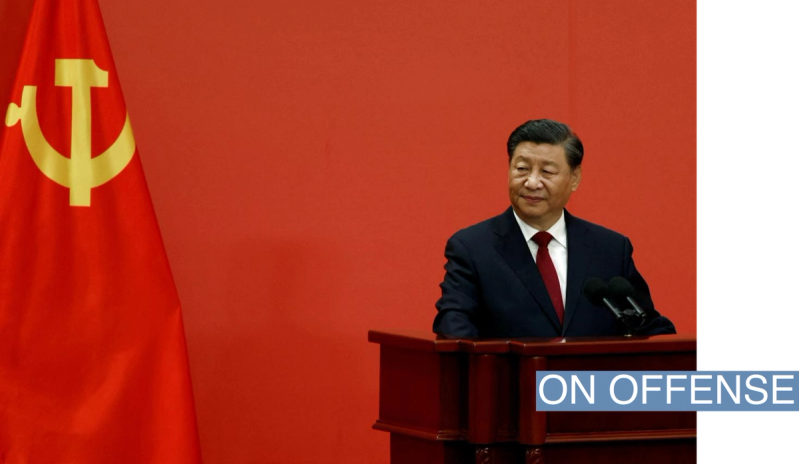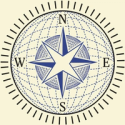The Author
Joshua Kurlantzick is a Senior Fellow at the Council on Foreign Relations, and the author of Beijing’s Global Media Offensive.
In this article:
The micro-column

China has become increasingly assertive in using its media, online tools, and traditional influence efforts to sway elections and influence domestic politics around the world in other countries — in Asia, Africa, Europe, and increasingly in North America. It’s likely next big target: the 2024 U.S. presidential election.
Indeed, FBI director Christopher Wray claims China is the major threat to domestic American politics. Meta and Google have identified growing Chinese efforts to influence U.S. voters online. China has dramatically upped its spending on foreign influence in the U.S., largely through media. Beijing also now controls nearly the whole Chinese language media market, and gets its voice heard via its rapidly expanding state media, which Chinese leader Xi Jinping has made a priority.
In many ways, China is simply exporting a playbook it has tried and tested closer to home. China has seemingly directly meddled in elections in places like Taiwan, where it clearly chose a favored candidate and then used its state media, disinformation, as well as local media it essentially controlled, to back that candidate.
But Beijing does not always win. Its sometimes-obvious influence efforts, combined with its “wolf warrior” diplomacy, its backing of Russia in the Ukraine conflict, and its economic coercion of many other countries, has actually given Beijing its worst image in years. In the case of Taiwan, its candidate lost.
More Semafor
Watch our latest video: When COVID doesn’t end, animated with AI.


